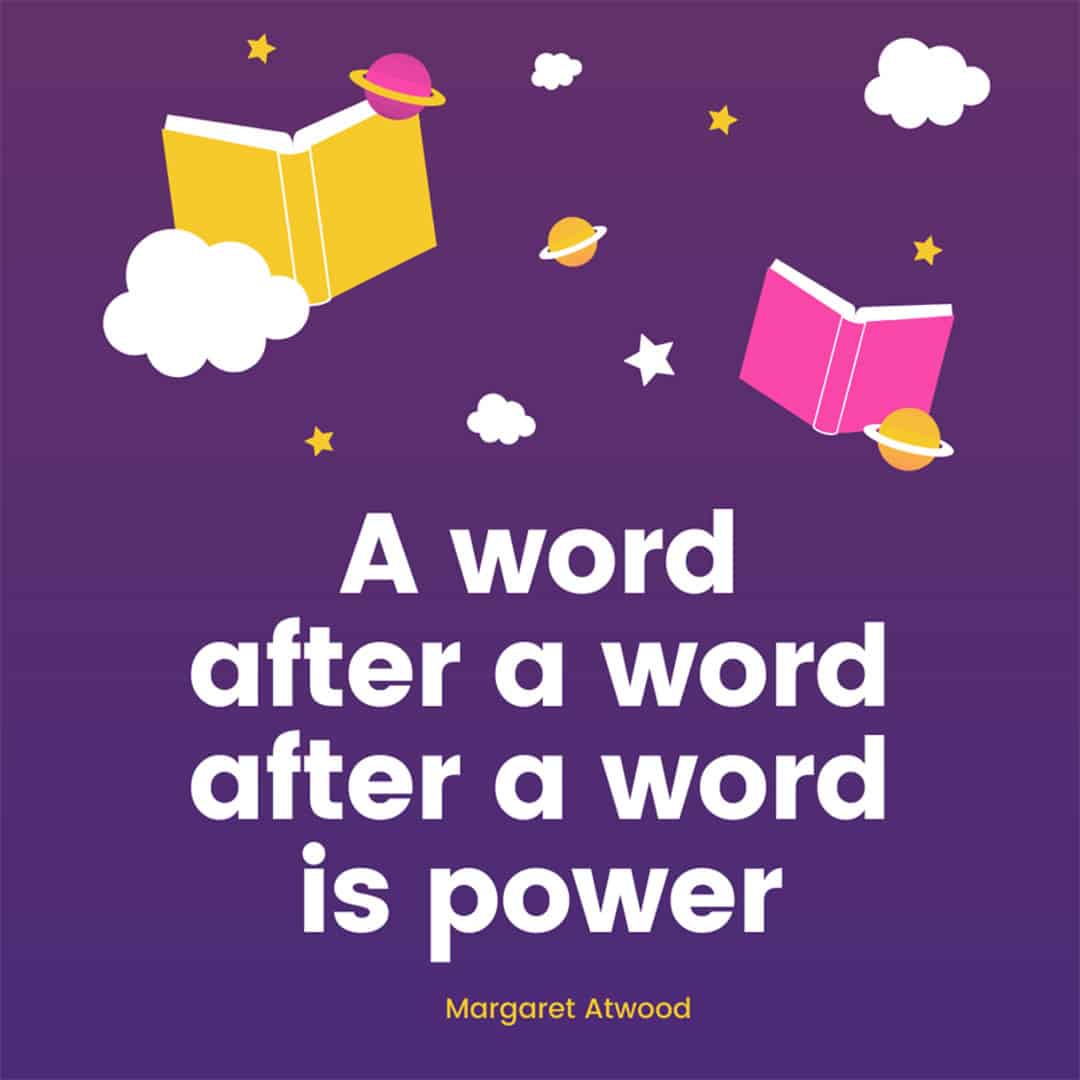7 Easy Ways to Encourage our Kids to Read & Write
Perhaps you are one of the rare, fortunate parents who have a reader in the family. I, on the other hand, am writing this as a parent who is fighting the battle of our kids’ attention being magnetised by technology and its distractions.
Graduating as an engineer, I have always welcomed technology in all its forms – Nike’s “Dry-Fit” technology drove me to want to study Materials Science at Oxford coupled with carbon nanotubes and hydrogen fuel cells. From complicated research wonders, to gadget-filled sci-fi movies, to a simple exclamation from my friend’s mum, “Do you know in the future, we can check our email from anywhere in our house – even on our sofa – and it’s wireless?”, technology always presented itself very positively with the overarching mission of advancing humankind.
As I write this e-article from my sofa, taking this phenomenon for granted, it is proof technology has progressed much faster in the past 10 versus the past 100 years. But since becoming a parent, that wonder has also won the appeal of my children – and in doing so they read less than I did (and that is hard because I was not much of a reader myself), and they write much less than I did. We consume video content much faster and trust it so much so it begins to shape us, clouding out our own original thought, distracting us from our own negative emotions, instead of tuning in and processing them, and hindering us from our own creative abilities.
Today I did a search on the web for content writing jobs and the google search appeared endless with each new page filled with numerous content writing needs. If you have heard that AI might replace half the jobs in the future, there is much said about how AI will never replace writers. And if there was ever one skill I have been grateful for throughout the bank-breaking education I had – international school, boarding school and university abroad – it would be my ability to read, write and review to a standard I’m happy with. Its usefulness popped up in my previous technical job, editing and writing content for technical brochures – a skill I did not think I would use as an engineer or even technical sales or marketer – but a part of the job I thoroughly enjoyed and found, as an engineer, to open up more opportunities.
If there is anything I wish you to encourage for your children, it would be this proficient grasp of the English language: the depth of understanding that it offers, the imagination and expression that it allows. From reading children learn empathy – the world from another’s perspective – and from writing, a way of expressing themselves, an outlet with both creative and therapeutic benefits. Role models like Bill Gates and Barrack Obama were all voracious readers and have written bestsellers, feeding their mind so that it can come up with new ideas and using their grasp of the written and spoken language to influence others. Nevermind the famous, I have reviewed years of Malaysian students’ personal statements and amongst the string of A’s, the one common barrier most students have between them a place at Oxford or Stanford University, is their ability to write and speak about themselves in an engaging way.
In light of this, I thought to share with you a few ways which work for me on how I encourage my young kids to read and write more:
- Role-model good English in full sentences and use a wide range of vocabulary – every interaction is a chance to teach. Don’t “off” the light – “turn it off”. As a parent, make good language a part of their life – slip the learning in so that it’s not really work to them. This may be a great excuse for you to read more too.
- Kindle: Buy a Kindle and encourage a quiet time of 30 minutes (start short and build up the time) for everyone to either hear you read to them, or read the book themselves from the Kindle. You can get RM20 off from kindlemalaysia.com with code: prepworks.
- Humour: Put the fun in reading – it has always meant to be for enjoyment, not as a chore, so let’s associate positive emotions with reading and get your kids laughing with funny stories. There’s so much entertainment value in the commentary from my kids as I read a few stories that I find myself laughing along.
- Typing: If they like technology, encourage them to type a short story in 15 minutes as opposed to writing by hand.
- Under-Schedule: Kids need some down-time to be bored, to imagine and prioritize reading. If they are too busy, they haven’t had time to stop and use their self-guided thinking skills and imagination.
- Library: If there is a place in your house you can turn into a mini-library / reading nook – I would encourage that. It also links to healthy study habits allowing kids to ‘switch modes’ automatically once they enter that environment.
- Workshops: Finally, attend short, attention-grabbing workshops / writing clinics. There is this secret that I wish to tell – that as a student who’s weakest subject has always been English – the real secret is you need the captivation and foundation right from the start, most commonly found from none other than the teacher. Great teachers have changed my course so don’t underestimate the power of the right teacher.

Sitting in a creative writing workshop with a PrepWorks teacher, I was mind-blown. I realised that I just needed someone inspirational who could change English lessons to a less sterile and more captivating lesson, a teacher whose own contagious love of the subject spilled over to his or her students. This is how I have selected our tutors with our best having achieved a 1st class BA in English Literature from Oxford and Cambridge university or gone on to do PhD’s in English at Stanford University on full scholarship.
I would encourage you to explore our Writing Workshop for 11-13 year olds coming up this Easter if you would like to pull the handbrake on technology and allow your child to discover the wonder in this contagious art form that classrooms might be making too technical and sterile. As for reading, start with a Kindle. Quoting Margaret Atwood who wrote The Handmaid’s Tale : “In the end, we’ll all become stories” so learn to create and write yours the best you can.









